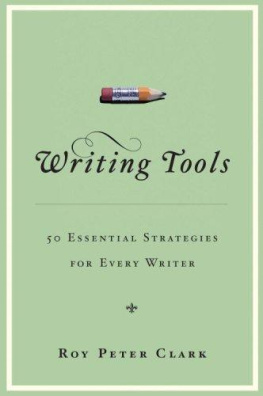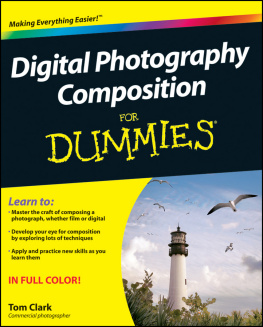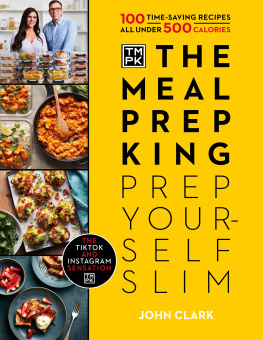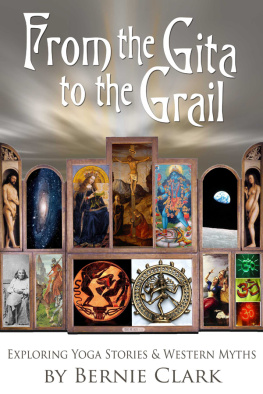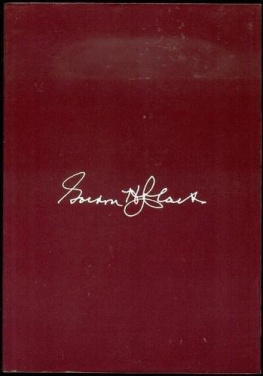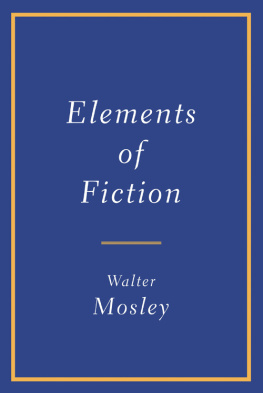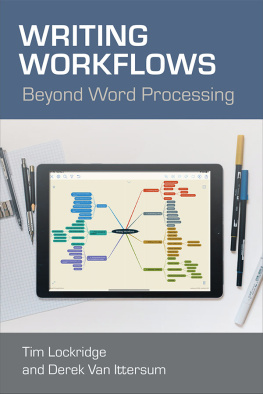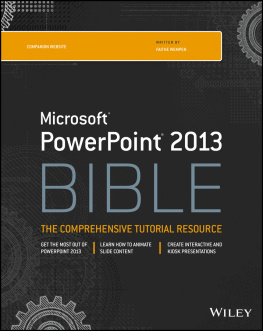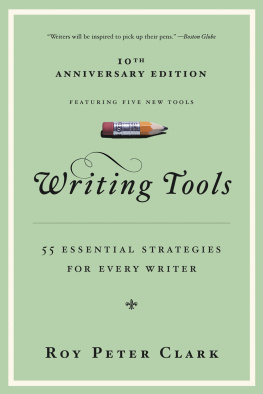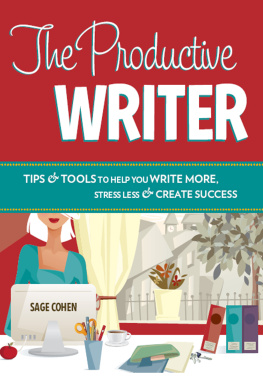
Americans do not write for many reasons. One big reason is the writer's struggle. Too many writers talk and act as if writing were slow torture, a form of procreation without arousal and romance all dilation and contraction, grunting and pushing. As New York sports writer Red Smith once observed, "Writing is easy. All you do is sit down at a typewriter and open a vein." The agony in Madison Square Garden.
If you want to write, here's a secret: the writer's struggle is overrated, a con game, a cognitive distortion, a self-fulfilling prophecy, the best excuse for not writing. "Why should I get writer's block?" asked the mischievous Roger Simon. "My father never got truck driver's block."
Good readers may struggle with a difficult text, but struggle is not the goal of reading. The goal is fluency. Meaning flows to the good reader. In the same way, writing should flow from the good writer, at least as an ideal.
The ability to read, society tells us, contributes to success in education, employment, and citizenship. Reading is a democratic craft. Writing, in contrast, is considered a fine art. Our culture taps only a privileged few on the shoulder. We are the talented ones, and you're not. The teacher read our stories aloud in class, or encouraged us to enter an essay contest, or pushed us toward the newspaper or literary magazine. We thrive on such recognition, but think of the millions left behind.
If you feel left behind, this book invites you to imagine the act of writing less as a special talent and more as a purposeful craft. Think of writing as carpentry, and consider this book your toolbox. You can borrow a writing tool at any time, and here's another secret: Unlike hammers, chisels, and rakes, writing tools never have to be returned. They can be cleaned, sharpened, and passed along.
These practical tools will help to dispel your writing inhibitions, making the craft central to the way you see the world. As you add tools to your workbench, you'll begin to see the world as a storehouse of writing ideas. As you gain proficiency with each tool, and then fluency, the act of writing will make you a better student, a better worker, a better friend, a better citizen, a better parent, a better teacher, a better person.
I first gathered these tools at the Poynter Institute, a school for journalists, but thanks to the Internet they have traveled around the world and back. They have found their way into the hands of teachers, students, poets, fiction writers, magazine editors, students, freelancers, screenwriters, lawyers, doctors, technical writers, bloggers, and many other workers and professionals who traffic in words. To my surprise, online versions are being translated into several languages, including Italian, Spanish, Portuguese, Russian, Arabic, Japanese, and Indonesian, reminding me that writing strategies can and do cross boundaries of language and culture.
You will find in this toolbox new ways of thinking, along with many familiar pieces of advice, dusted off and reframed for a new century. But where do writing tools come from?
From great works on writing, such as The Elements of Style and On Writing Well. These tools took a lifetime to gather, and not just mine. They took the lifetimes of Dorothea Brande, Brenda Ueland, Rudolf Flesch, George Orwell, William Strunk and his student E. B. White, William Zinsser, John Gardner, David Lodge, Natalie Goldberg, Anne Lamott, and all generous authors who share their knowledge about how good writing is made.
From the authors whose works, more than two hundred of them, are sampled here. Using a method of close reading, I find a passage that intrigues me, put on my X-ray glasses, and peer beneath the surface of the text to view the invisible machinery of language, syntax, rhetoric, and critical thinking that creates the effects I experience as a reader. I then forge what I see into a writing tool.
From productive conversations with professional writers and editors. I once learned that only three behaviors set literate people apart. The first two are obvious: reading and writing; but the third surprised me: talking about how reading and writing work. Many of the tools came from great talk about the construction of stories and the distillation of meaning.
Finally, from America's great writing teachers. They have labored for decades to demystify the writing process for students, to describe writing as a craft, a set of rational steps, a box full of tools, habits, and strategies.
I reveal these sources great works about writing, the effective work of writers, good talk among writers and editors, tools passed on by teachers not only to give due credit, but also to offer the means and methods by which to gather a lifetime of writing tools. As Chaucer wrote more than six hundred years ago: "The life so short, the craft so long to learn."
Before I open Writing Tools for your inspection, let me suggest ways to use this book:
Remember, these are tools, not rules. They work outside the territory of right and wrong, and inside the land of cause and effect. Don't be surprised when you find many examples of good writing in the world that seem to violate the general advice described here.
Do not try to apply these tools all at once. Aspiring golfers swing and miss if they try to remember the thirty or so different elements of an effective golf swing. I promise you a case of writing paralysis if you think about too many of these tools when you sit down to write. Let your writing flow early. You can reach for a tool later.
You will become handy with these tools over time. You will begin to recognize their use in the stories you read. You will see chances to apply them when you revise your own work. With time, they will become part of your process, natural and automatic.
You already use many of these tools without knowing it. You cannot think, speak, write, or read without them. But now these tools will have names, so you can talk about them in different ways. As your critical vocabulary grows, your writing will improve.
You will notice that I have drawn examples of good writing from several genres of writing and storytelling: from fiction and poetry, from journalism and nonfiction, from essays and memoirs. The range is important. The literature reveals the best work that could be created under any circumstances, the journalism the best created under the exacting limits of time, space, and civic purpose. The testimony of many readers persuades me that tools in this book apply to the general tasks of most writers.
Writing Tools presumes some familiarity with the principles of standard English usage, grammar, punctuation, and syntax, but I have held technical language to a minimum. To gain full benefit, you should be able to identify the parts of speech, subjects and verbs, and the main clause of a sentence, and know the difference between active and passive voice. If you lack that knowledge, please read this book anyway. It will still help you improve your writing and will make clear what else you need to learn.
When a good friend first read these tools, he noted that they carried the writer and reader on a journey from the subatomic to the metaphysical level, from where to put the subject and verb to how to find your mission and purpose. That comment inspired a division of the tools into four boxes:

